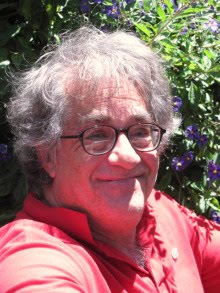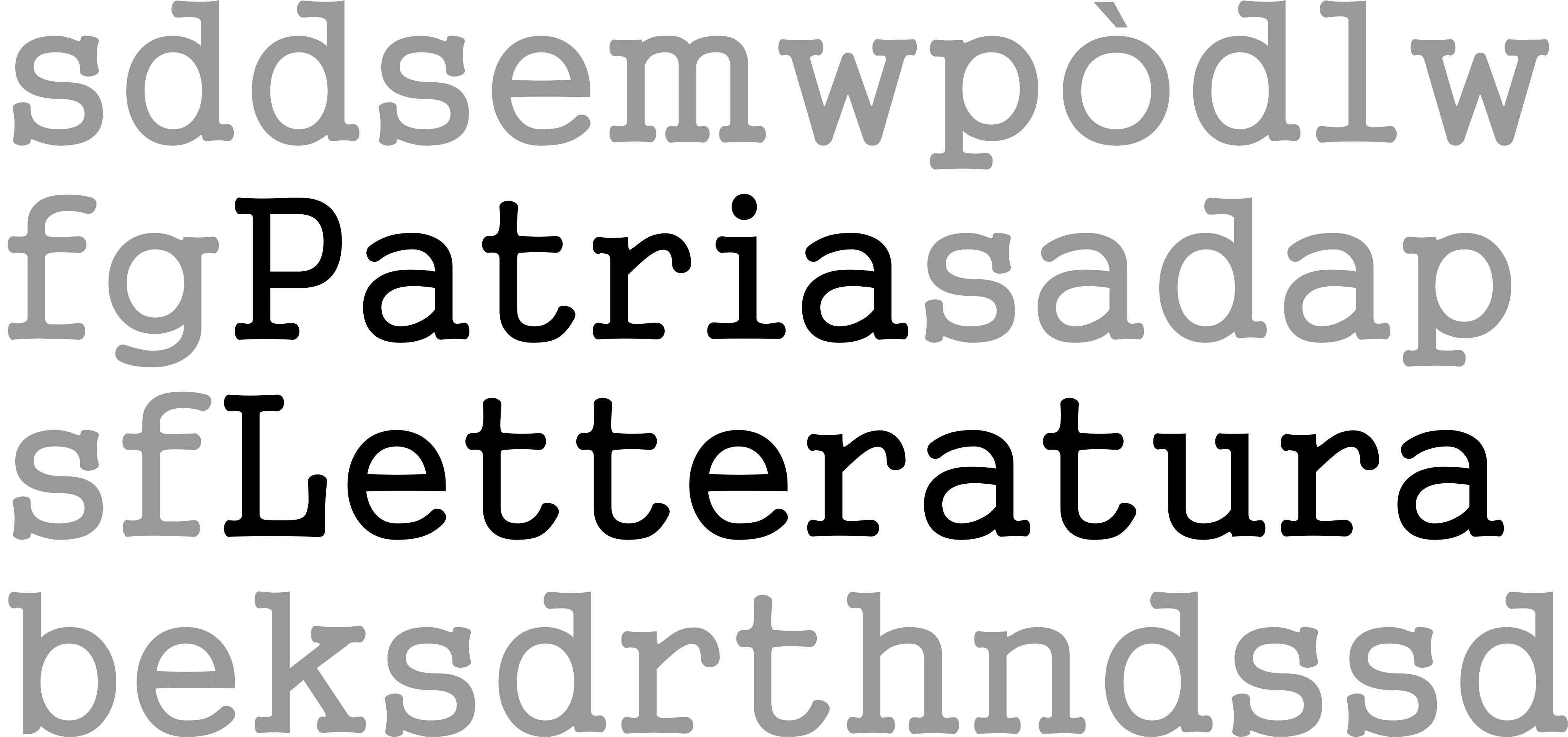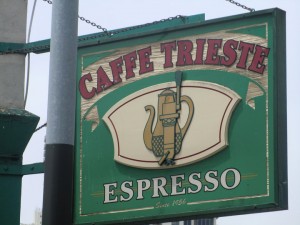
“At the Caffe Trieste” e “Pier Paolo Pasolini (1922-1975)” di Neeli Cherkovski # Traduzione di Alessandra Bava
“At the Caffe Trieste” (“Al Caffè Trieste”) e “Pier Paolo Pasolini (1922-1975)” di Neeli Cherkovski, tradotte da Alessandra Bava.
At the Caffe Trieste di Neeli Cherkovski
now I sit in the cafe drinking espresso
thinking it’s got to be okay
me being contentious and ambitious and
vain, me being myself, an old man
but young when you consider that
somewhere in what is now Indonesia
we came of age, so some tell us,
when we chewed leaves and dug up roots
and hunted with stone
it has to be fine sitting here
while the earth burns and the population
spills into the sea which will soon boil over anyway
I worry about Mozart
and Bach, all those long hours
composing music for an ungrateful mob
that’s how it is as I awaken in a fever
every night fearful of losing it
and falling down in a brick
courtyard with no help in sight
I worry about the Louvre Museum
and all that art so vulnerable
to a sudden nuclear strike
or a major eruption on the sun
what’s going to happen to my little caffe
with its gossip and poetry?
the hissing espresso machine
echoes outside, I sip the fine dark scrim
and follow with cold water
it’s all I’ve got now, this Golden Age,
as an old friend described it
listening to Italian arias
on the caffe’s juke box and waiting for
a solution to arise
I close my eyes and take one final sip
tasting the soil on a faraway estate
and the interplay of sunlight
and cloud forest
the caffe has been here
since 1956, you’ll find it
when you want it, maybe,
and maybe not, in a proper
season, in this new age
of splendor on a crowded
planet, all I ask
is that you smile
and lean back
to taste the tenor of the sky
Al Caffè Trieste di Neeli Cherkovski
Eccomi seduto al caffè a bere un espresso
pensando che deve essere giusto
sentirmi polemico, ambizioso e
vanesio, sentirmi me stesso, un uomo maturo
ma giovane se si considera che
da qualche parte in quella che è l’Indonesia ora
abbiamo raggiunto la maggior età, come dicono alcuni,
quando masticavamo foglie e dissotterravamo radici
e cacciavamo con pietre
è bello star seduti qui
mentre la terra brucia e la popolazione
si riversa in mare che a breve bollirà comunque
mi preoccupo per Mozart
e Bach, a comporre musica
tutte quelle ore per gente ingrata
è così che mi risveglio febbricitante
ogni notte temendo di perderla
e ricadendo in un cortile
lastricato con nessuno a darmi una mano in vista
mi preoccupo per il Museo del Louvre
e tutta quell’arte così vulnerabile
a un improvviso attacco nucleare
o a un violento brillamento solare
cosa accadrà al mio piccolo caffè
con le sue chiacchiere e la sua poesia?
La macchina dell’espresso sibila e
risuona all’esterno, sorseggio la buona crema scura
e a seguire l’acqua fredda
è tutto quello che mi rimane adesso, questa Età Aurea,
come descritta da un vecchio amico
ascoltando arie italiane
sul juke box del caffè aspettando
che una soluzione si presenti
Chiudo gli occhi e bevo l’ultimo sorso
gustando la terra di una piantagione lontana
e la luce di sole che gioca
con la foresta pluviale
il caffè è qui
dal 1956, lo troverete
quando lo vorrete, forse
o forse no, in una stagione
consona, in questa new age
di splendore su un pianeta
affollato, tutto ciò che chiedo
è che sorridiate
e vi rilassiate
per gustare il tenore del cielo.
Pier Paolo Pasolini (1922-1975) di Neeli Cherkovski
they kicked Pier Paolo
out of the Communist Party
but he somehow continued writing
down to the soul of what Italy was and
what Italy would yet become
they cut him down, but he built
them up, they locked the door,
yet he sheltered them across war-torn ruins
they ignored him till his humanity came
rushing down gullies like a torrent
and his words trebled
and touched the people
wherever they were,
even those who threw him out
recognized the fire of his language
and the red rose in his song
Pier Paolo…
abbracciare la sua fiamma
Pier Paolo Pasolini (1922-1975)
lo hanno cacciato a calci
dal partito comunista Pier Paolo
ma ha pur sempre continuato a scrivere
fino al midollo ciò che l’Italia era e
ciò che l’Italia sarebbe diventata
lo hanno offeso, ma lui li ha
celebrati, hanno chiuso la porta a chiave
ma lui li ha ospitati tra le rovine di guerra
lo hanno ignorato fin quando la sua umanità
non è sgorgata come torrente dai calanchi
e le sue parole sono triplicate
e hanno commosso la gente
dovunque essa fosse,
anche coloro che lo avevano cacciato
hanno apprezzato il fuoco della sua lingua
e la rosa rossa nel suo canto
Pier Paolo…
abbracciare la sua fiamma.
Neeli Cherkovski nasce a Santa Monica nel 1945. Poeta e critico letterario, ha scritto dodici raccolte poetiche e 2 importanti biografie su Bukowski e Ferlinghetti. Il suo libro Whitman’s Wild Children – un memoir dedicato a 11 poeti – è considerato un classico underground. Dal 1974 vive a San Francisco.
Foto di copertina: Neeli Cherkovski © photo Jannie Dresser
Clicca qui e leggi un’altra poesia di Neeli Cherkovski pubblicata su Patria Letteratura.


